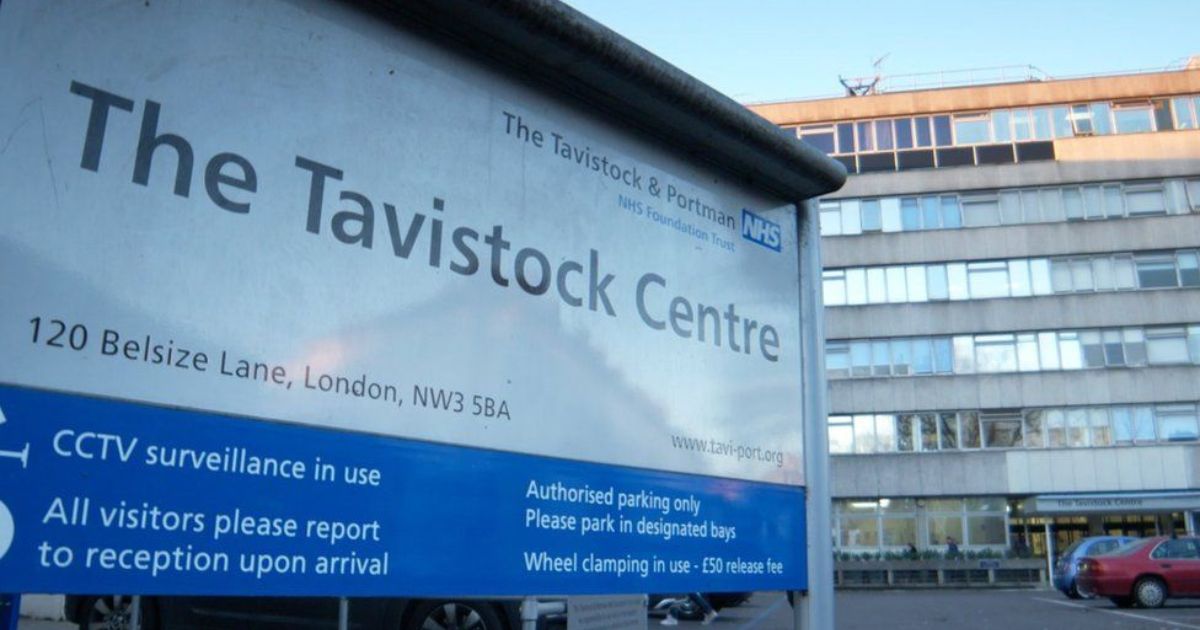In a noteworthy study on puberty blockers, it has been discovered that the majority of children experienced diverse changes in their mental health, according to a recent re-analysis. A closer look at the data now reveals altered mental health in children as 34% of these children saw their mental health deteriorate, while 29% experienced improvements.
The original study, which included 44 children taking these controversial medications for a year or more, initially found no discernible impact on their mental health, whether positive or negative.
The authors of the original report have welcomed this new evidence, which sheds further light on the complex relationship between puberty blockers and mental health in children.
This study was conducted by a team from Tavistock’s Gender Identity Development Service (GIDS), England’s sole NHS specialist gender clinic for children, in collaboration with University College London Hospitals (UCLH).
The research, often referred to as the early intervention study, commenced in 2011 and followed 44 children aged between 12 and 15 over a three-year period. Its primary objective was to investigate the impact of puberty blockers, medications used to delay the onset of puberty in children.
The outcomes of the landmark study, published in 2021, initially indicated that puberty blockers had “no changes in psychological function” for the participants. This finding led to a notable change in policy, lowering the age at which puberty blockers could be offered on the NHS.
However, these results diverged from earlier findings by Dutch researchers, who pioneered the use of puberty blockers to treat gender dysphoria.
The Dutch study reported a positive impact on the mental health and overall well-being of young people undergoing this treatment.
Puberty blockers, also known as hormone or gonadotropin-releasing hormone (GnRH) agonists, are prescribed to children experiencing gender dysphoria.
These medications temporarily delay the onset of puberty, allowing individuals more time to explore their gender identity before undergoing irreversible physical changes associated with puberty.
The use of puberty blockers has been a topic of debate and scrutiny, with conflicting research findings complicating the conversation. While some studies suggest positive mental health outcomes, others have raised concerns about the potential risks and uncertainties surrounding their long-term effects.
New Insights from Re-analysis Shows Altered Mental Health In Children
The recent re-analysis of the early intervention study data underscores the nuanced relationship between puberty blockers and mental health. While the initial findings did not reveal any significant impact, the updated analysis reveals a more complex picture.
Approximately 34% of the children experienced a deterioration in their mental health, while 29% reported improvements.
These findings emphasize the need for continued research and a personalized approach to healthcare for children experiencing gender dysphoria.
The effects of puberty blockers on mental health appear to vary from individual to individual, highlighting the importance of considering each case on its merits.
The evolving understanding of how puberty blockers affect mental health has direct implications for healthcare policy and clinical practice. It underscores the necessity of comprehensive assessments, ongoing monitoring, and personalized care plans for children and adolescents receiving these treatments.
The discrepancy between the early intervention study’s results and those of the Dutch researchers highlights the complexity of this field of study. The Dutch study suggested that puberty blockers positively impacted the mental health and well-being of young individuals experiencing gender dysphoria.
This divergence in findings emphasizes the need for further research to better comprehend the varying effects of these medications.
As research in this area continues to evolve, it is critical to prioritize the well-being of children and adolescents experiencing gender dysphoria.
Further studies should investigate the long-term effects of puberty blockers, including potential physical and psychological consequences, to inform clinical practice and healthcare policy.
In conclusion, the recent re-analysis of the early intervention study on puberty blockers offers fresh insights into the relationship between these medications and children’s mental health.
While the initial findings indicated no significant impact, the updated analysis reveals a more nuanced reality, with variations in mental health outcomes among participants. This underscores the need for personalized care and continued research to ensure the well-being of children and adolescents experiencing gender dysphoria.
The divergent findings from different studies also emphasize the complexity of this field and the necessity of further research to better understand the effects of puberty blockers.










